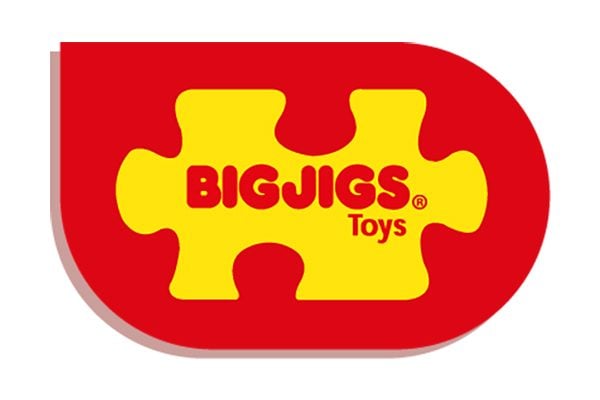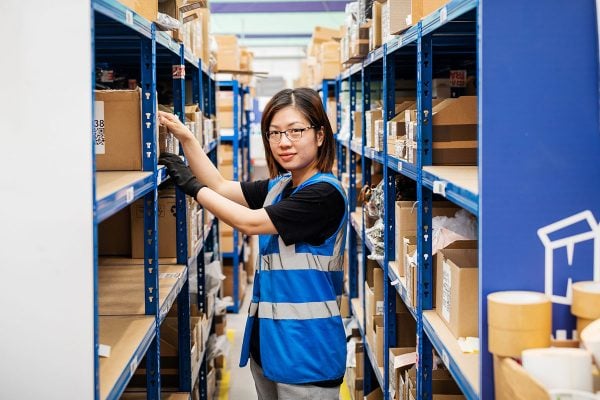Today it was announced that Scurri has selected Hurricane as their cross-border data partner, using their data enhancement Zephyr technology to ensure the seamless movement of cross-border parcels. In this article Fergal O’Carroll, CRO at Scurri digs deeper into how innovation can drive cross-border efficiencies:
Driving innovation to better cross-border efficiencies
It is no secret, be it due to the catalyst of covid or not, that the ecommerce industry is booming and this aggressive growth only looks to continue. Ecommerce has only made it more accessible and easier to buy goods only from a variety of offshore companies – be it products that may differ from those available domestically or those sold more cheaply. As a result, cross-border ecommerce is a huge sector at present, despite global complications. In short, we are not only buying more online, but there are an increased amount of purchases from foreign countries.
Some estimates state that the market for cross-border ecommerce will be valued at 1 trillion dollars by 2030 – a massive increase from their current standing of 300 billion dollars. Other reports say that this figure may only be half of the value it could reach in the same amount of time – the bottomline is that in a mere 8 years, the value of the ecommerce market will be between a staggering 1 trillion and 2 trillion dollars.
While the demand for this market is in motion to continue, retailers and delivery outlooks need to look at how they supply their goods to a country that differs from where it was first ordered. Innovation is key to this, as well as full understanding of the customer journey.
Why buy products from different countries, rather than your domestic market?
Even pre-Covid19, there was a rise in sales made from one country to another. According to statistics from 2020, there were 9.3 billion cross-border orders and over the majority (60%) were intercontinental.
The surge in orders made by consumers from businesses in another country rather than that of their domestic market may be down to a variety of factors, unique to the individual, however there are several that stand out. Firstly, with the cost of living rising across numerous countries in Europe, such as the UK and Ireland, customers may be turning to foreign websites to purchase goods that are available domestically, but are simply more affordable online from different countries. Secondly, the cost of delivery in some cases, while slower, is also cheaper than from the home market. Lastly, many products are unavailable in one’s home market, leading customers not only to look at different countries but often different continents.
Supply chain complications impacting cross-border efficiencies:
While cross-borders delivery is a growing market, it is also a sector that has been rife with complications across the supply chain globally for a period of several years now. Shipping costs look to rise a staggering amount once again, with experts saying that the shipping crisis won’t come to an end until at least 2023. Shipping container costs are due to rise by 30% this year on average – and these stats were released even pre-Ukrainian/Russian tensions and war. Supply chain complications have driven costs to new levels, and that is just the tip of the iceberg.
The war between Russia and the Ukraine, and the subsequent sanctions imposed by the Western world, highlight the dependence the UK and wider Europe have on international trade for basic products such as wheat for bread, but also microchips for computers. There have been widespread delays and shortages – and this is not the first time we have seen worldwide halts in delivery, as COVID-19 and lack of staffing and restrictions caused similar issues only two years ago.
Regulations and paperwork disruption
Ports worldwide have differing standards of checking, regulation and paperwork requirements and the rise in global package deliveries has only increased this. Since Brexit, the UK has seen mass issues with regulation when conducting trade in and out of the Republic and North of Ireland. In late 2021 Scurri conducted a survey amongst UK retailers who felt that Brexit and its trade implications were still the largest concern they had going into 2022.
With so many complications, there is the possibility of consumers beginning to turn around and shop more locally – however, much can be done to continue the growth of cross-border trade.
How innovation can help better arising complications and help retailers into this exciting period for ecommerce
Like almost every aspect of the ecommerce industry, innovation comes down to the tech in place and retailers taking progressive steps to enable this tech. The selling between one country to another is one element, but the post-purchase process. ie delivery, is where efficiencies between cross-border commerce matter most. There must be systems in place to ensure this is seamless, transparent and effective for all parties involved – seller, courier and customer.
Retailers forming partnerships with shipping and delivery experts can aid this process. Many companies now have begun to see the benefits of technology and created processes to make even the most difficult of steps simpler when delivering abroad. The tech is available for combating issues regarding trade barriers and Cross Border challenges such as currencies, labelling, payment methods, duties and tax calculations, site translation, traffic generation and multi-carrier delivery management. Service providers are accessible that help retailers select the best and most suitable couriers worldwide, providing their customers with a seamless service, no matter where they are.
Retailers that have responsive systems in place ahead of this will find themselves in the most flexible position when it comes to delivering cross border delivery.









